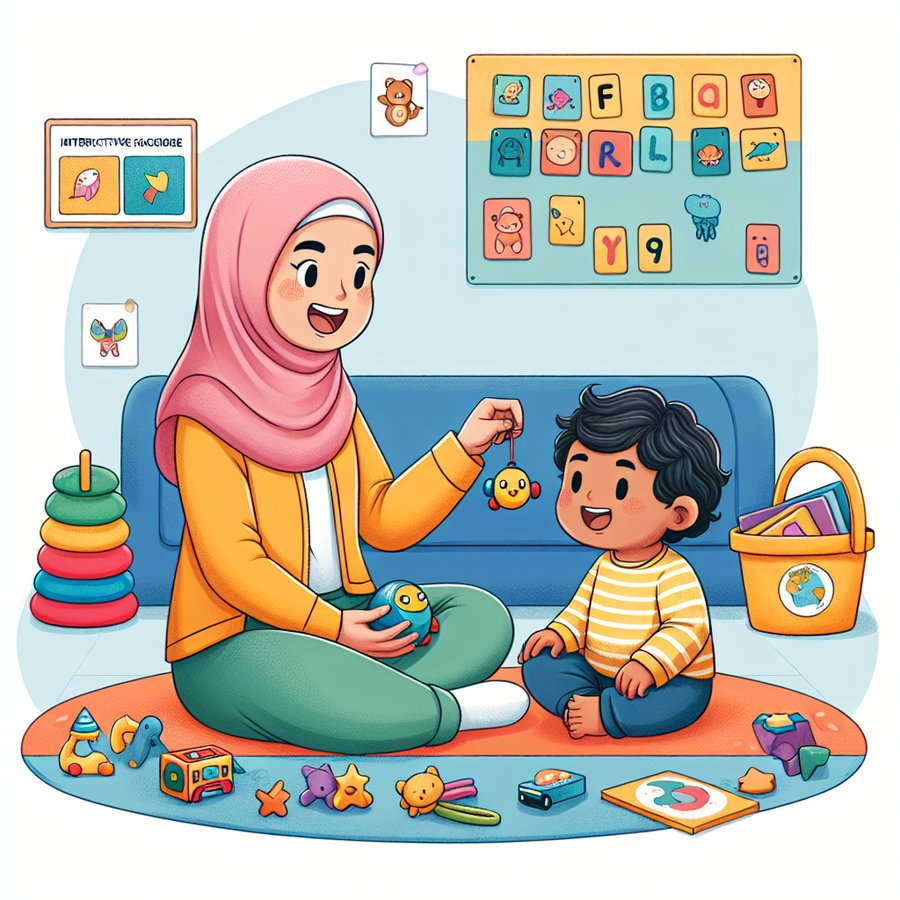Early intervention strategies for speech delay in toddlers are crucial for fostering effective communication skills and emotional development. Recognizing and addressing speech delays early on can significantly impact a child’s ability to interact with their surroundings, express their needs, and form meaningful connections with others. In this detailed guide, we uncover various strategies and tips for parents and caregivers to facilitate speech and language development in toddlers.
Understanding Speech Delay in Toddlers
Speech delay in toddlers can manifest in various ways, including limited vocabulary, difficulty forming sentences, or struggles with understanding language. It’s essential to distinguish between speech delay and other developmental delays to tailor the right support and interventions. Factors contributing to speech delays can range from hearing impairments to environmental influences. Early detection is pivotal, as highlighted by early detection of developmental delays and action steps.
To accurately identify speech delay, observing milestones and consulting with pediatric healthcare providers are critical steps. Routine screening during pediatric visits, as detailed in routine screening for developmental milestones, plays a significant role in early identification and intervention.
Early Intervention Strategies for Speech Delay in Toddlers
Implementing early intervention strategies for speech delay in toddlers is vital for encouraging language development. These strategies focus on creating an enriching language environment, engaging in interactive play, and utilizing specific techniques to enhance communication skills.
One effective approach is integrating music into daily routines, which can significantly benefit cognitive and language development, as discussed in integrating music into your baby’s daily routine for cognitive benefits. Additionally, encouraging sign language can serve as a bridge to verbal communication, detailed in tips for introducing sign language. Parental involvement and consistent interaction are paramount, as they provide natural opportunities for toddlers to practice and refine their speech and language skills.
Creating a Supportive Language Learning Environment
Creating a language-rich environment is a cornerstone of supporting speech development in toddlers with speech delays. This involves regular reading, storytelling, and engaging in conversations that encourage toddlers to express themselves. Selecting toys and activities that promote language development, as outlined in choosing toys to support developmental milestones, can also play a supportive role.
Moreover, fostering a reading routine, as discussed in building a reading routine for language and emotional development, not only enhances vocabulary but also strengthens the emotional bond between the child and caregiver. Encouraging exploration and curiosity, which are pivotal for cognitive development and language acquisition, is essential for a holistic approach to tackling speech delays in toddlers.
In conclusion, addressing early intervention strategies for speech delay in toddlers requires a multifaceted approach that encompasses understanding the underlying causes, implementing targeted strategies, and creating a nurturing environment conducive to language learning. By prioritizing early identification and intervention, caregivers can significantly improve the speech and language outcomes for toddlers, setting a strong foundation for their future communication skills and academic success. For more insights on supporting your child’s developmental journey, explore our comprehensive guide to supporting a late talker.













